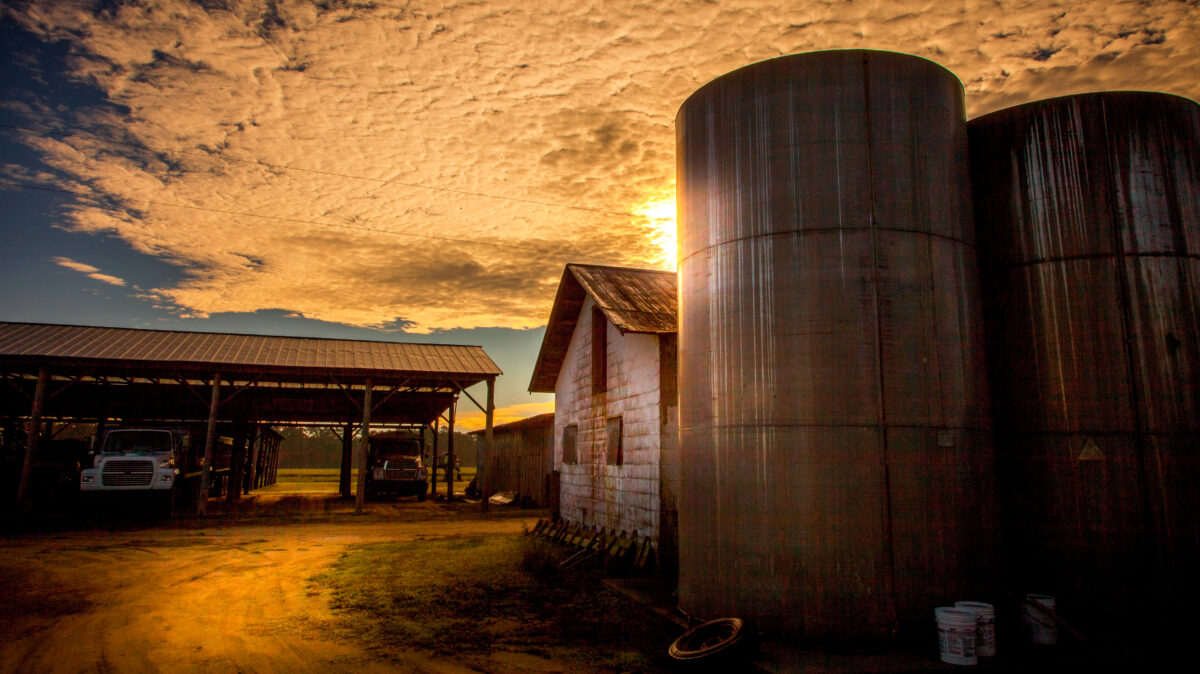Former State Farm Bureau Presidents Share Leadership Insights
TOPICS
AFBFAFBF Staff

photo credit: North Carolina Farm Bureau, Used with Permission
By Cyndie Shearing
In a typical year, a handful of state Farm Bureau presidents step down and pass the baton of leadership to their up-and-coming successors. In this article, recently retired presidents share insights from their tenures at state Farm Bureaus across the country. A follow-up article in January will zero in on the vision for the future shared by several new leaders at state Farm Bureaus.
How many years did you serve as president of your state Farm Bureau?
Ronnie Anderson, Louisiana – I was president of the Louisiana Farm Bureau for 31 years.
Blake Hurst, Missouri – I served as president of Missouri Farm Bureau for 10 years.
Gerald Long, Georgia – I was president of Georgia Farm Bureau for nearly five years.
Steve Nelson, Nebraska – I led the Nebraska Farm Bureau as president for nine years.
Don Shawcroft, Colorado – I served as president for 10 years.
Don Tuller, Connecticut – I was president of CFBA for 12 years.
What was a highlight during your tenure as president?
RA – I think the highlight was something that happened over the first half of my tenure as president. During that time our membership more than doubled from about 68,000 members to more than 148,000 members. That allowed us to become more effective at the Louisiana State Capitol when it came to legislation and tax issues.
BH – My proudest achievement was the passage of two statewide initiatives important to agriculture.
GL – My proudest accomplishment is that I worked my way up through the system, starting out as a county board member, then county president. I served on a number of different county commodity committees including beef cattle and vegetables. Later, I served on state committees and was elected to the state board and finally president.
SN – The most important part of being president for me was to support trade and to take part in trade missions with Gov. Pete Ricketts and our Nebraska Department of Agriculture to promote all of the things grown on Nebraska farms and ranches.
Helping facilitate bomb cyclone relief donations in 2019 that eventually totaled $4 million to help farmers, ranchers and small communities was another highlight. I did more than 100 media interviews with reporters from Nebraska and across the United States, and even a few from around the world. The ability to tell that story was probably a time when I felt about as useful as I ever felt as president.
DS – Defeating the GMO labeling ballot issue and seeing so many young members elected to our board of directors as a result of our Elite Leadership Academy stand out in my mind.
DT – I have a couple of highlights that stand out. First would be my first four years serving on the American Farm Bureau board of directors representing the Northeast. Leading the effort that resulted in the purchase of the building that houses the CFBA office and generates needed non-dues revenue was also a highlight.
What advice would you give a young person interested in getting involved in Farm Bureau leadership?
RA – My advice for a young person interested getting involved in Farm Bureau leadership is to build a base with your parish, or county, Farm Bureau volunteer leaders. Get to know the grassroots approach. Once you move up to become part of American Farm Bureau leadership, the key is getting to know people from all over the country and learning and understanding their needs. That will make you a better leader.
BH – I’d tell a young person that volunteering for Farm Bureau will enrich their lives and their careers. They’ll make lifelong friends, and learn much. I absolutely would encourage involvement for anybody with an interest in farm policy or rural communities.
GL – I would say jump in and get involved in Farm Bureau…see how it operates and how it functions. Keep in mind that as leaders you have a lot of influence, and with that comes a lot of responsibility.
SN – When I first got involved in Farm Bureau, someone told me that every farmer ought to be a part of a farm organization, just like everyone should be a part of a church. There are many other farm organizations to choose from, but what makes Farm Bureau different is that no other farm or ranch organization can provide the leadership training or the opportunities to create real change in agriculture. The more young people get involved in Farm Bureau, the greater impact they will have on agriculture’s future.
DS – Do your homework about the issues, then be willing to serve and be helpful to all people in this industry.
DT – Getting involved in FB leadership is a tremendous opportunity to learn and use skills that will help you in many other aspects of your professional and personal lives.
I started in Farm Bureau as a young farmer participating in spokesperson training. That has been invaluable, hundreds of times. Another suggestion would be to work in small groups for the common good, not just self-interest. That allows you to see that your efforts really change things for the better. These are a few examples that only scratch the surface of the benefits of getting involved in Farm Bureau leadership.
Cyndie Shearing is a director of communciations at the American Farm Bureau Federation.